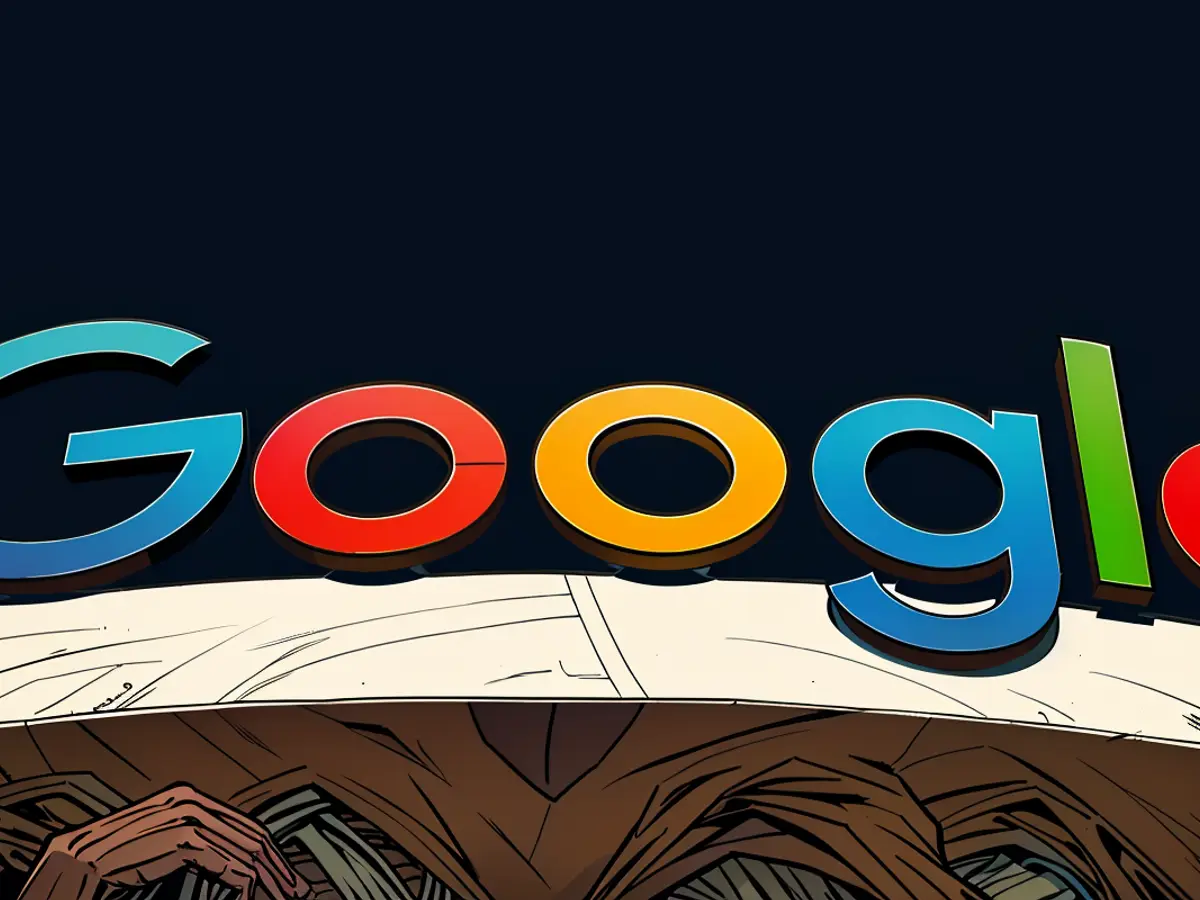- Google's artificial intelligence once more generates likenesses of individuals, following an unflattering incident.
Following a six-month hiatus after an incident involving AI-generated images of black Nazi soldiers, Google is now resuming the feature to create images using its AI software. Initially, this functionality will be accessible to subscribers of the AI chatbot Gemini, Google announced in a blog post.
Google's AI software, Imagen 3, shares similarities with rival programs that can generate images based on spoken instructions. In February, the option to create images of people was temporarily disabled due to the AI adhering to current diversity standards, leading to incongruous results like images of black soldiers in Nazi uniforms.
At the time, Google acknowledged that they had overlooked certain programming exclusions for circumstances where diversity was inappropriate. However, they defended the integration of diversity in AI-generated images, emphasizing its positive impact on worldwide consumers who utilize the software. Regardless, they acknowledged that they had overstepped the mark in this particular instance.
Lack of AI diversity remains a significant concern
In the digital age, AI applications have faced numerous challenges related to stereotypes and discrimination. For instance, earlier facial recognition software struggled to identify individuals with darker skin tones. More often than not, AI-generated images predominantly featured white people.
Google and other tech companies are consciously working towards promoting diversity. However, this sometimes presents challenges, especially in the United States where accusations of discrimination against whites have gained traction, resulting in significant backlash. Google's AI software focusing solely on white people has particularly riled up critics, including tech billionaire Elon Musk.
Google's AI will not reproduce images of famous individuals
Furthermore, Google's AI will also continue to decline requests for photorealistic images of well-known individuals, as is the case with some competing programs like Grok from Musk's AI company xAI. This is primarily due to concerns surrounding AI-generated fake images that could potentially manipulate public opinion, especially around election time.
Despite Google's efforts to promote diversity in AI-generated images, criticisms persist. The Internet has become a platform for delegitimizing these initiatives, with individuals and organizations sharing their concerns about biased representations.
The incident involving AI-generated images of black Nazi soldiers on The Internet sparked a debate about the need for more inclusive AI practices, highlighting the long-standing issue of lack of diversity in AI applications.






